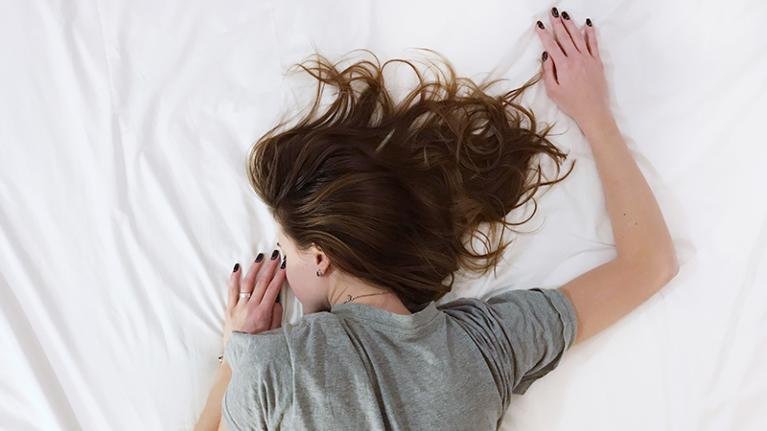Sleep deprivation costing more than a good night’s sleep
Do you remember the last time you woke feeling refreshed?
Maybe you feel ‘fuzzy’ because you have a hard time actually getting to sleep. Or perhaps a small child is keeping you up – or it’s something more serious like sleep apnoea.

Related
A global epidemic
Well, you’re not alone. You’re among a growing portion of the population not getting enough sleep.
But the dangers of this nation-wide phenomenon are becoming more concerning and apparent, thanks to research conducted by psychologists such as Professor Dorothy Bruck and Dr Michelle Ball.
Professor Bruck, VU Emeritus Professor, Psychology, and Chair of the Sleep Health Foundation says lack of sleep is now affecting millions of Australians.
She explains how sleep deprivation has the potential to contribute to health conditions including heart disease, stroke, diabetes and depression in tens of thousands of Australians.
The cost of sleep deprivation is utterly alarming and confirms we need to take urgent action to put sleep on the national agenda.
"Sleep – or rather the lack of it – is a substantial burden on our economy and the livelihood of Australians, dampening mood, exacerbating health problems, dulling our productivity and making us a danger on the roads and in workplaces around the country".
Over the last 20 years sleep studies conducted by researchers at Victoria University, often using the University's dedicated sleep laboratory, have discovered more about many aspects of sleep. This includes what is likely to wake us up, sleep changes with selected chronic illnesses and the serious implications of sleep problems to our health and wellbeing.
So what's the magic sleep number?
According to Sleep Health Foundation your ideal amount of sleep varies – adults are recommended 7-9 hours’ sleep a night. But depending on the individual or situation, you may need as little as six, or as much as ten hours sleep.
Victoria University’s sleep laboratory
Research at VU continues to delve into the ways in which sleep can affect our lives.
We have an incredible two-bedroom sleep laboratory at St Albans Campus which is equipped with a range of devices for measuring sleep. It houses three portable Compumedics "Somte" systems for sleep recordings, and software for staging and scoring sleep studies.
Are you interested in undertaking a research degree? Find out more about the research areas you can focus on.